Mohammed Alhassan, a seasoned sports broadcaster and astute businessman, has proposed a groundbreaking five-year strategic plan aimed at revitalizing Ghana’s sports sector.
The plan, which calls for a budget of $100 million over the next five years, seeks to address the persistent challenges within Ghanaian sports, such as inadequate infrastructure, insufficient funding, limited international success, and lack of structured development programs for athletes.
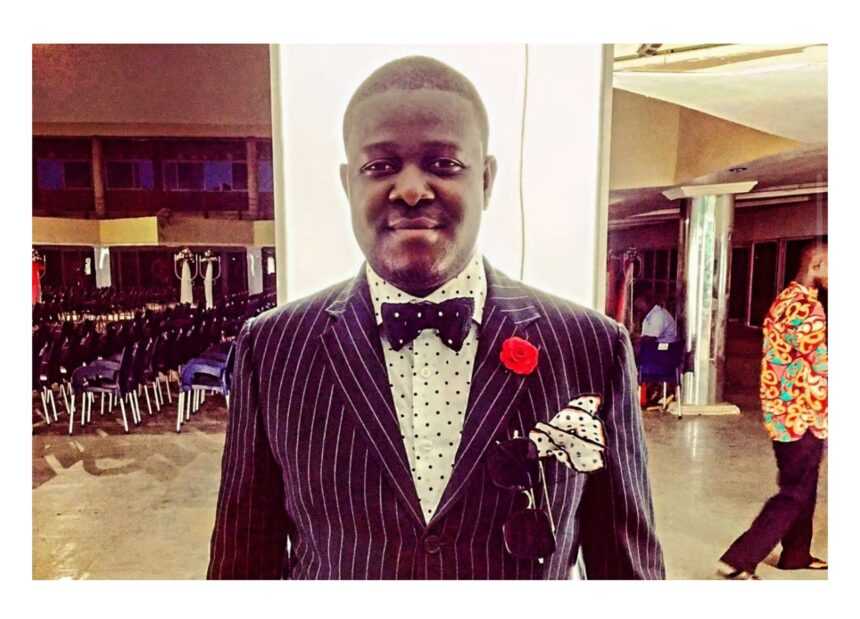
Key Components of the Five-Year Plan:
- Talent Identification and Development:
- Grassroots Development: The plan stresses the importance of investing in grassroots programs that will identify and nurture young talent in various sports disciplines across the country. These programs will focus on schools, community centers, and youth clubs to create a pipeline of future athletes.
- Elite Athlete Support: Comprehensive support systems will be established for elite athletes, including access to world-class training facilities, sports psychologists, physiotherapists, and nutritionists. Alhassan emphasized the need for a holistic approach to developing Ghana’s top athletes.
- Scholarships and Academies: To provide a clear path to professional sports, the plan proposes the establishment of sports academies and scholarship programs, which will offer talented athletes an opportunity to combine education with sports development.
- Coach Education and Development:
- Upskilling Coaches: The plan calls for rigorous coach education programs aimed at enhancing the skills and knowledge of coaches at all levels, from grassroots to elite. This will ensure that coaches are well-equipped to support athlete development and improve sports performance.
- International Exposure: Facilitating international exchange programs and workshops will allow Ghanaian coaches to learn from best practices globally, bringing back knowledge that will be beneficial for training local athletes.
- Mentorship Programs: The plan includes mentorship programs to connect experienced coaches with emerging young coaches, providing guidance and sharing expertise in sports coaching.
- Infrastructure Development:
- Modernizing Existing Facilities: The plan proposes upgrading Ghana’s existing sports infrastructure to meet international standards. This includes the renovation of existing stadiums, training grounds, and gyms to ensure they are fit for elite training and competition.
- New State-of-the-Art Facilities: New facilities will be constructed, including specialized stadiums, indoor arenas, and multi-purpose sports complexes, to accommodate a variety of sports and increase participation at all levels.
- Accessibility for All: Ensuring that sports facilities are accessible to all members of the population, including those with disabilities, is a key aspect of the plan. This will help promote inclusivity in sports and encourage participation from a broader demographic.
- Community Sports Centers: The establishment of community sports centers will provide affordable access to quality facilities for local communities, promoting physical activity and sports engagement from a young age.
- Increased International Exposure:
- International Competitions: The plan emphasizes the need to increase Ghana’s participation in major international sporting events such as the Olympics, Commonwealth Games, and World Championships. This will give Ghanaian athletes the exposure they need to compete at the highest level.
- International Friendly Matches: Regular international friendlies and tournaments will be organized to provide valuable competitive experience for Ghanaian athletes, particularly in football, athletics, and boxing, which are sports where the country has historically excelled.
- Overseas Training Camps: To ensure Ghanaian athletes are exposed to top-level competition, the plan proposes sending national teams to overseas training camps where they can compete against higher-level opposition, sharpening their skills and boosting their performance.
- Regional and Inter-African Competitions: Emphasis will be placed on increasing participation in regional competitions such as the African Games, as well as inter-African tournaments, which will not only enhance competitive experience but also foster regional cooperation and solidarity.
- Good Governance and Sustainability:
- Transparent Administration: A key pillar of the plan is to ensure that sports administration is transparent and accountable. Regular audits and financial reporting will be conducted to track the use of funds and ensure that resources are being allocated appropriately.
- Diversified Funding Sources: Recognizing the challenges of relying solely on government funding, the plan proposes exploring alternative funding sources such as private sector partnerships, corporate sponsorships, and international grants. This will ensure that there is a steady stream of financial support for sports development.
- Funding Allocation: At least $20 million will be allocated annually for talent identification, coach education, athlete support, infrastructure development, and participation in international competitions.
- Long-term Sustainability: To ensure the longevity of the plan, a long-term sustainability strategy will be put in place, focusing on securing continued funding and creating programs that can operate beyond the initial five-year period.
Budget Breakdown and Implementation:
Alhassan has emphasized that a budget of $100 million over five years is necessary to effectively implement this strategic plan. He believes that for every dollar invested in Ghanaian sports, maximum value must be ensured through cost-effectiveness, transparency, and accountability in all aspects of the plan. He proposed that the government, together with the private sector and international donors, should pool resources to fund the initiative.
In addition to the financial commitment, Alhassan highlighted the need for a robust impact assessment system to track the progress of the plan. Regular evaluations will allow for adjustments and improvements to be made in real-time, ensuring that the resources are being utilized efficiently.
Community and Local Engagement:
Alhassan also stressed the importance of local partnerships and community involvement. Engaging local communities and NGOs will help leverage valuable resources and foster a sense of ownership in the development of Ghanaian sports. He believes that when communities are actively involved, there will be greater support and participation, which will ultimately lead to the long-term success of the program.
Call to Action:
Alhassan has called on the new Mahama administration to take bold and transformative action in adopting this plan, urging the government, sports bodies, and all stakeholders to work together to rejuvenate Ghana’s sports sector.
He believes that by investing in sports, Ghana can enhance its international standing, boost its economy through job creation and revenues from international competitions, and unite the nation through a shared passion for sports.
Through this ambitious and forward-thinking plan, Alhassan envisions a new era for Ghanaian sports, one where athletes are supported, infrastructure is modernized, and Ghana once again competes successfully on the global stage.

































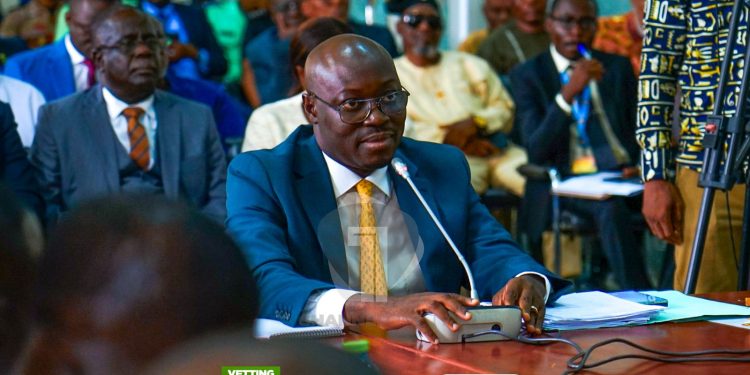

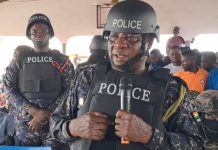
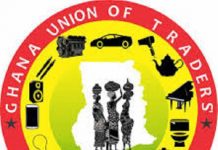




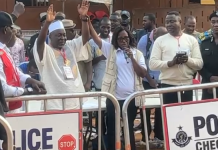














![[FREE FREE MONEY] Predict and Win a Guaranteed GH¢200 From Us EVERY WEEK](https://wordpress.ghanatalksradio.com/wp-content/uploads/2022/02/Predict-and-Win-Final-09-03-2021-218x150.jpg)
![[Predict & Win – 8th/Oct.] WIN A Guaranteed ¢200 From Us This Week](https://wordpress.ghanatalksradio.com/wp-content/uploads/2021/10/maxresdefault-16-218x150.jpg)
![[Predict & Win – 2nd] WIN A Guaranteed ¢200 From Us This Week](https://wordpress.ghanatalksradio.com/wp-content/uploads/2021/09/maxresdefault-50-218x150.jpg)
![[Predict & Win – 25th] WIN A Guaranteed ¢200 From Us This Week](https://wordpress.ghanatalksradio.com/wp-content/uploads/2021/09/maxresdefault-36-218x150.jpg)
![[Predict & Win – 18th] WIN A Guaranteed ¢200 From Us This Week](https://wordpress.ghanatalksradio.com/wp-content/uploads/2021/09/maxresdefault-23-218x150.jpg)

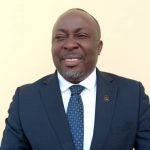
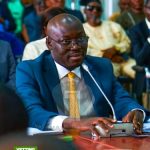





![[National cathedral] See full list of churches that have contributed since 2018](https://wordpress.ghanatalksradio.com/wp-content/uploads/2020/09/Ghana-National-Cathedral-GhanaTalksRadio-100x70.jpg)



